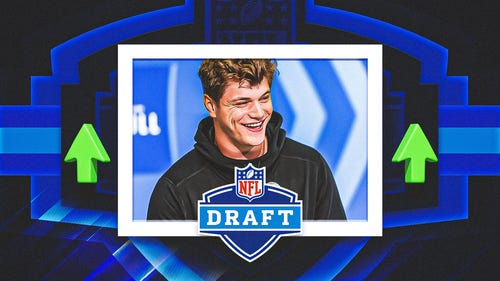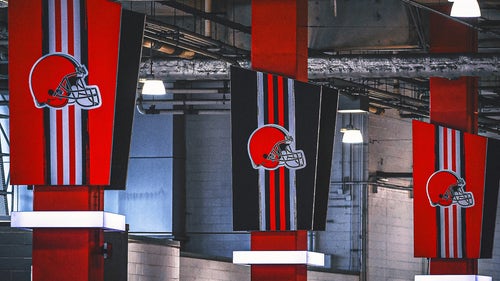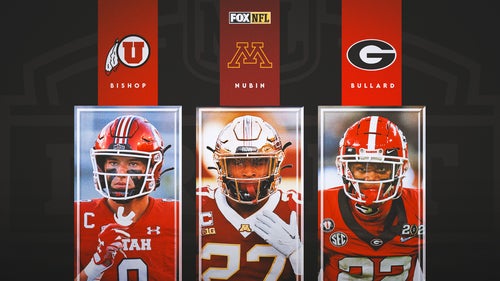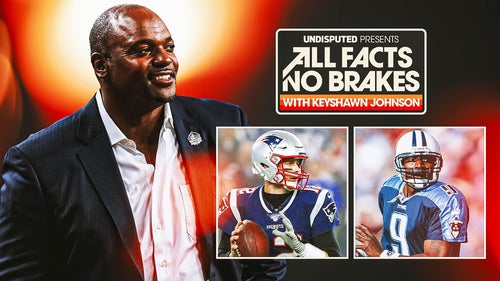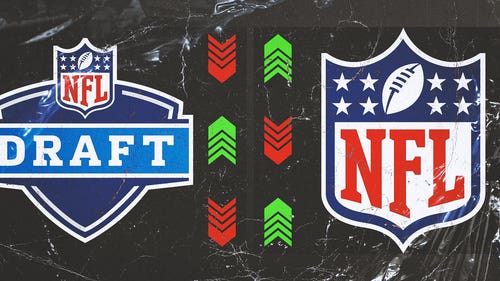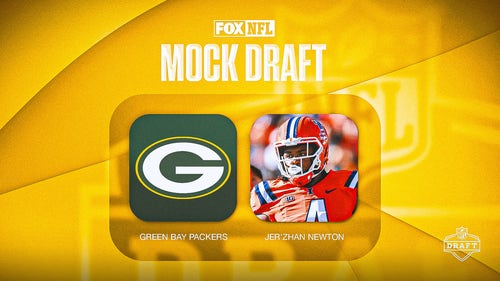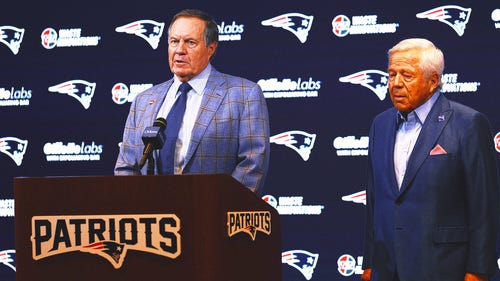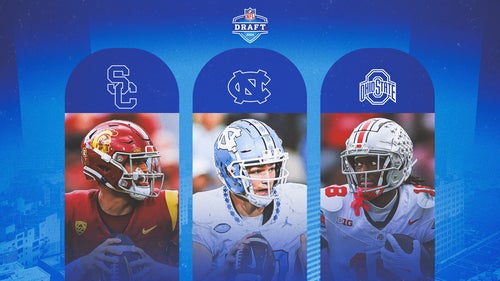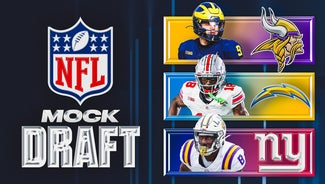
Column: HGH test not coming soon to NFL
It's a little late for NFL predictions, but here's one headline we doubt you'll see this season: ''So-and-so tests positive for HGH.''
Here's another: ''Fans wonder what happened to HGH testing.''
To say we're conflicted about our super-sized athletes doesn't begin to tell the story, especially when it concerns the NFL. Six weeks or so ago, when news broke that the lockout had ended, tucked into the new contract was an intriguing promise: As soon as management and the players' union agreed on the program, the NFL would become the first major pro sports league to conduct blood tests for human growth hormone, or HGH, perhaps as early as the first week of the regular season.
That deadline, of course, conveniently disappeared last week, when NFL lead counsel Jeff Pash acknowledged in a letter to all 32 teams that the continuing disagreement between the sides ruled out any HGH testing during opening week. The performance-enhancing drug policy for 2010 would be in force instead, meaning no blood-testing. And that happens to be - and likely will be for a long time - the only way to detect the presence of HGH. Keep in mind that the hormone works in conjunction with steroids the same way Red Bull does with say, vodka. Mixed together, they make it possible to add bulk and speed with small-enough doses of steroids to beat that test, too.
So what about HGH tests by week two, or three or four?
The guess here is that HGH tests won't happen until next season, at the earliest.
Progress reports about the tests have been vague from the moment Commissioner Roger Goodell and NFLPA boss DeMaurice Smith grabbed a side of the 300-page collective bargaining agreement and made a show of shaking hands at the Hall of Fame in Canton. Right after the photo-op, Smith called HGH testing ''something to be strived for,'' and Goodell cheerfully added, ''We're going to get it done, but we want to get it done right.'' They haven't been any closer since.
Asked Thursday if HGH testing can be implemented this season, Goodell said, ''Yes.'' Don't bet on it.
Speaking to a sports law symposium Wednesday at Santa Clara University, Smith reiterated the union's position that it wouldn't agree to anything until it had a chance to review information about the safety and reliability of the test from the World Anti-Doping Agency. WADA's protocols are already used to test Olympic athletes and minor-league baseball players. One concern Smith raised is that current HGH testing may not take into account the different body types and conditioning routines of football players.
''We made a number of requests for WADA, specifically about the scientific justifications for the test that they provide,'' Smith said. He would not elaborate on the other requests or set a timetable for the union's plans.
This could charitably be called stalling, which is exactly what NFL spokesman Greg Aiello called it.
''We have the same information as the union, and there is no question among the experts and scientists about the validity of the test,'' NFL spokesman Greg Aiello said. ''But if you're trying to avoid making a decision, one way is to keep asking for more information.''
That's been the NFLPA's tactic so far, and there's nothing to suggest it won't be able to run out the clock until the end of the season - at the very least. At the moment, fans and a few congressmen who've tried to make performance-enhancers in sport a front-burner issue might be the only ones with enough pull to upset the union's timetable. And let's be honest about those prospects. If seeing a 300-pound-plus defensive lineman catch a running back from behind after spotting him a 5-yard head start hasn't peaked their curiosity - ''How did he do that?'' - nothing is likely to change it.
The question then becomes: What's the union's end game? Is it trying to buy as much time as possible for any players using HGH to get off the juice or - to be really cynical - find another performance-enhancing drug regimen?
''Bingo,'' Dr. Gary Wadler said Thursday. ''Here was an opportunity to do the right thing. There's no excuse for not implementing it.''
Of course, you would expect that from Wadler. He's the immediate past chairman of WADA's banned-substance list committee, so he knows something about what drugs do for athletes and how tenacious they are about hanging onto them. In early August, even as the HGH testing agreement was being trumpeted everywhere, he told The Associated Press:
''You can get a sound bite out of saying the NFL and NFLPA have adopted a blood-testing policy. You can say, `That's pretty good,' and forget the rest of the story. But the devil's in the details. The rest of the story might be equivalent to having no testing at all.''
Reminded of that during a phone call, he said wearily, ''I learned long ago not to trust headlines. I have no idea when a test might be implemented. Have no idea. I can only answer what I know.
''But my big concern is what we call `doping fatigue.' That is, the public will just get tired of all the stories and tune them out. They just want to watch the games. That,'' he said, ''is the real danger because there's always going to be something else coming down the pipeline.''
---(equals)
Jim Litke is a national sports columnist for The Associated Press. Write to him at jlitke(at)ap.org. Follow him at http://twitter.com(backslash)JimLitke






































































































































